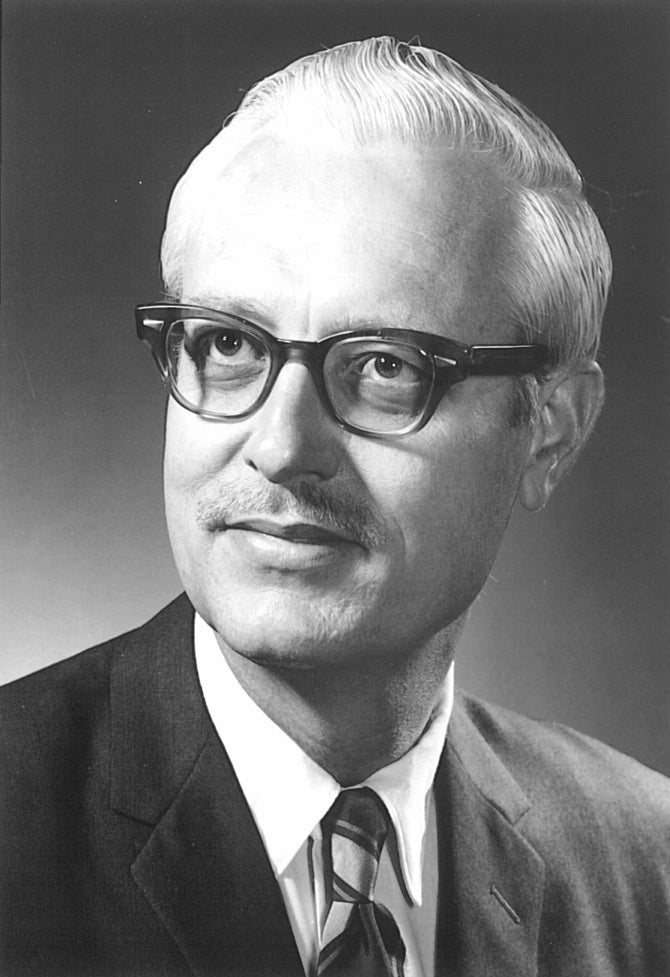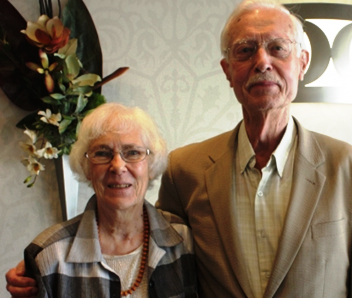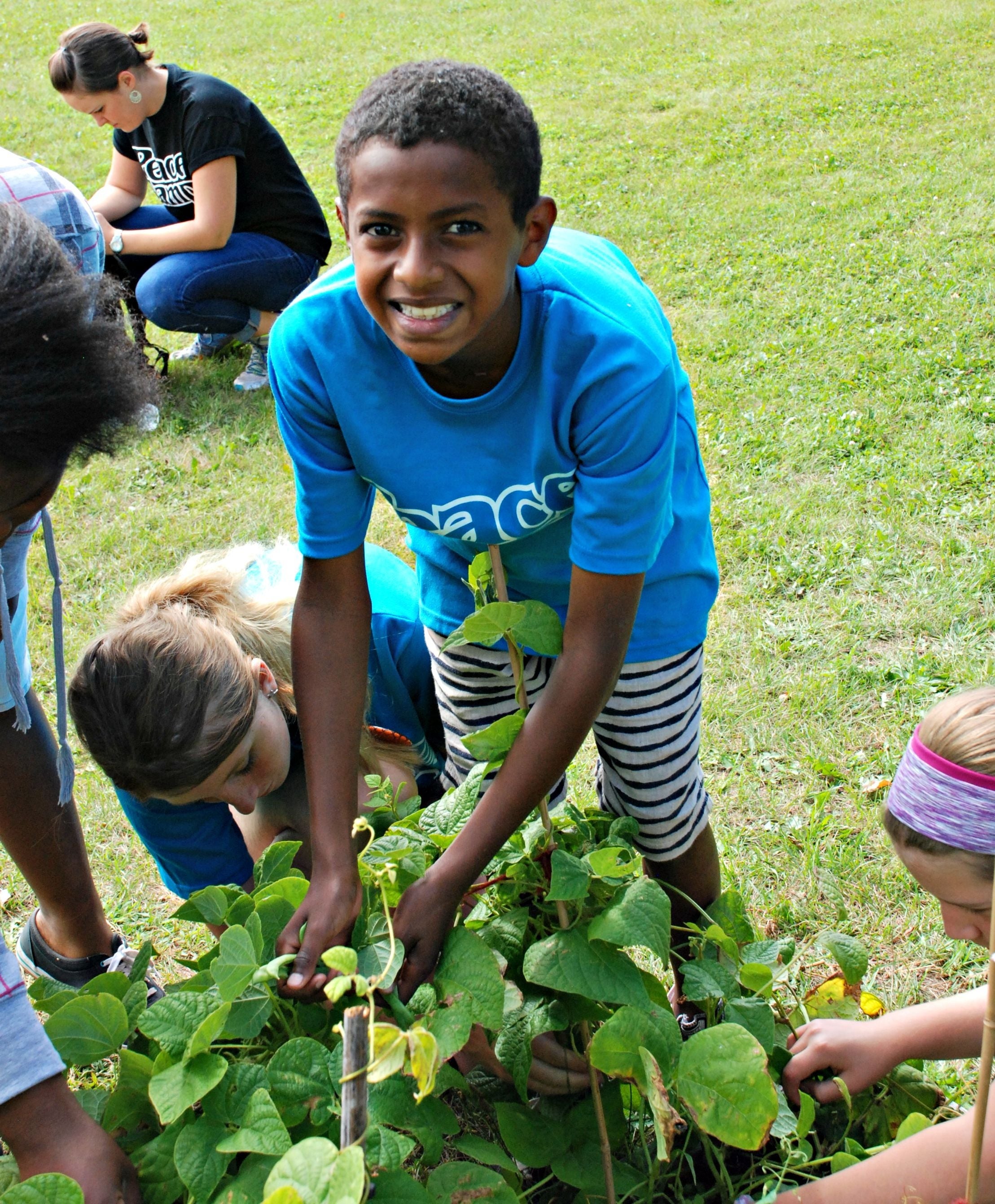Editor:
Brandon Sweet
University Communications
bulletin@uwaterloo.ca
New partnership in wearable health technology
The University of Waterloo and Pervasive Dynamics will develop and test wearable health technologies that can improve stroke rehabilitation as part of a new partnership aimed at transforming the health of older adults.
The joint research initiative, the first partnership between Waterloo and the Canadian developer of medical devices, will be part of the new Advanced Aging ResearCH Centre (ARCH) at Waterloo.
“Advanced wearable sensors are the next generation of personalized health care,” said Professor Bill McIlroy of the Faculty of Applied Health Sciences who heads up ARCH. “They enable us to gain insights that are just not available through off-the-shelf products.”
The new devices will allow researchers to extract sophisticated data related to a stroke victim’s cardiovascular and nervous systems, balance and gait, and generate tailored diagnostic reports to improve physical and mental rehabilitation.
The new partnership will also explore the development of other wearable health technologies for older adults.
“From the management of chronic disease, to fall prevention and mobility strategies, health wearables have the potential to make a huge difference for the elderly,” said Muhammad Khan, founder and CEO of Pervasive Dynamics, and an alumnus of Waterloo's Master of Business, Entrepreneurship and Technology program. “If we can get technologies like these in the hands of the public and practitioners we can significantly reduce the impact and burden of an aging population on the Canadian health-care system by providing clinicians with more data on which to base health-care decisions.”
By 2030, one-quarter of the Canadian population — close to 8 million people — will be over the age of 65. Stroke is the third major cause of death in Canada, with approximately 50,000 Canadians suffering a stroke each year. More than 20 per cent of older adults will take serious falls, costing the health-care system $2 billion in related costs annually.
“ARCH is focused on facilitating advances in therapies to slow down the trajectory of aging and reduce the risk of age-related injury and disease,” said McIlroy. “If we hope to reduce the impact of an aging population, we need to start now.”
In May, the Canadian Institutes of Health Research awarded ARCH $1.3 million for a variety of diagnostic and measurement tools. The first of its kind in Canada, the facility will house the most comprehensive collection of equipment focused on aging in the country.
Keystone Spotlight: Warren and Mary Ober
by Karina Graf.
Fifty years ago, as they were leaving to attend a symphony performance at Northern Illinois University, Warren and Mary Ober’s phone rang. It was a dean from the University of Waterloo, offering Warren a chance to interview for the position of chair of Waterloo’s English Department. After a visit here with their three young sons, they headed to Waterloo and never looked back.

Over the years, in his roles as Chair of the English Department, Chair of the Building Committee for Hagey Hall and Acting Dean of Arts, Warren has made significant contributions to Waterloo. But the highlight of his career, he said, was being named Distinguished Teacher.
“I’d always felt that I wanted to be known as a fine teacher. People would say to me, ‘Professor Ober, you’re one of my favourite profs.’ But I knew in my heart that I hadn’t [got there] so I kept working on it and working on it. I did my very best. And finally, out of the blue, I was told I got a Distinguished Teaching Award, and I said to myself, ‘Well, I’m still fooling everybody, by I’ve finally got there!”
Teaching is a passion for Warren. His favourite course, on Arthurian legend, was one which he created. It was always crowded. He recalls that one year, in the last meeting of the course, he handed out a final exam outline, and received a few groans from his students. The outline contained a list of 10 essay questions, really complicated ones, of which three would appear on the final exam.
“I look at it now and think maybe I was expecting a little too much,” he laughs. As he gathered his belongings and turned to leave, he was stopped in his tracks. “I turned back and there was the whole class, giving me a standing ovation,” he said. “And I thought, my goodness – I sort of hid my tears. And after I had lowered the boom on them with that exam! That’s an event that means so much to me still. I loved teaching that course, every time I did it.”

Warren retired in 1994, but he maintains close connections to Waterloo. His 90th birthday party, held this past May, was even hosted on campus. And he and his wife Mary donate to the Keystone Campaign, funding areas that help students. Their contributions have been recognized with the naming of the Warren and Mary Ober Group Study Rooms in the Dana Porter Library and the Mary and Warren Ober Urgent Care Room at Health Services.
“I feel blessed at having had the opportunity of serving at this institution. For me personally, and for our family, the institution has been wonderful. Ideas start here – that is a very true motto, in keeping with the spirit that the institution started with. It’s where ideas start.”
Making meaningful memories at Peace Camp
This is an excerpt of a #UWCommunity story that features Waterloo in the community.
Thirty-three excited young campers participated in last week’s Peace Camp at Conrad Grebel University College.
 Youth ages 11 to 13 were busy making confetti paper maché bowls, playing games, and making new friends of different ages, ethnicities, and religions. On top of the array of activities, campers learned how to create peaceful changes in our community from several community members, including Elle Crevits of Food Not Waste, Brad Golding of Homelessness Everywhere Lacking Publicity, and Stephen Svenson of Patchwork Community Gardens. Under this year’s theme, Ripple Effect, Peace Campers were educated on how their actions, no matter how small, have the ability to create big impact.
Youth ages 11 to 13 were busy making confetti paper maché bowls, playing games, and making new friends of different ages, ethnicities, and religions. On top of the array of activities, campers learned how to create peaceful changes in our community from several community members, including Elle Crevits of Food Not Waste, Brad Golding of Homelessness Everywhere Lacking Publicity, and Stephen Svenson of Patchwork Community Gardens. Under this year’s theme, Ripple Effect, Peace Campers were educated on how their actions, no matter how small, have the ability to create big impact.
Read the rest of the story on the Community Relations and Events blog.
Link of the day
75 years ago: Trotsky gets the axe
When and where
ACU Commonwealth Summer School, Saturday, August 15 to Saturday, August 22, University of Waterloo, Wilfrid Laurier University, Western University.
Quantum Key Distribution Summer School, Monday, August 17 to Friday, August 21, Mike & Ophelia Lazaridis Quantum-Nano Centre Room 0101.
Food Services Recruitment Fair, Tuesday, August 25, 4:00 p.m. to 7:00 p.m., Federation Hall.
Date for students to be "Fees Arranged", Thursday, August 27.
Spring co-operative work term ends, Friday, August 28.
International Orientation event, Friday, September 4 to Sunday, September 6.
Single & Sexy open performance, Friday, September 4, 10:00 a.m., Humanities Theatre.
Orientation Week, Saturday, September 6 to Saturday, September 12.
Labour Day, Monday, September 7, most University operations closed.
Single & Sexy, Tuesday, September 8 to Thursday, September 10, Humanities Theatre.
Engineering presents ExpecTAtions Teaching Assistant Workshop, Wednesday, September 9 and Thursday, September 10, J.R. Coutts Engineering Lecture Hall.
Lean in Higher Education Conference, Thursday, September 10 to Friday, September 11, Federation Hall.
Lectures begin, Monday, September 14.
Faculty of Science Graduate Scholarship Information Session, Monday, September 14, 4:00 p.m., Humanities Theatre.
Weight Watchers At Work registration session, Tuesday, September 15, 12:15 p.m., PAS 2438, info ext. 32218.
Waterloo Innovation Summit, Wednesday, September 16 to Friday, September 18.
UWRC Book Club featuring Station Eleven by Emily St. John Mandel (One Book One Community Selection), Wednesday, September 16, 12:00 p.m., LIB 407.
Noon Hour Concert: Earth Voices, Wednesday, September 16, 12:30 p.m., Conrad Grebel University College Chapel.
Gustav Bakos Observatory Tour, Wednesday, September 16, 9:00 p.m., PHY 308.
Quiet Research, Loud Results! Saturday, September 19, 10:00 a.m., TechTown building.
Mathematics graduate studies information night, Thursday, September 27, 4:30 p.m., MC 5501.
Faculty of Science Graduate Scholarship Information Session, Thursday, September 17, 5:00 p.m., Humanities Theatre. (Note: attendees only need to attend one of the two sessions).
Hack The North, Friday, September 18 to Sunday, September 20.
Conrad Grebel presents Peace Week, Monday, September 21 to Saturday, September 26.
Senate meeting, Monday, September 21, 3:30 p.m., Needles Hall.
WPIRG presents September Slam: Humble the Poet & KWPS, Thursday, September 24, 7:00 p.m., Humanities Theatre.
The Birth of Homeopathy out of the Spirit of 1800: Medicine as Cultural History, Friday, September 25, 7:00 p.m., Location TBA. Presented by the Waterloo Centre for German Studies.
Ontario Universities' Fair, Friday, September 25 to Sunday, September 27, Metro Toronto Convention Centre.
Hack4Health, Saturday, September 26 to Sunday, September 27, Waterloo Accelerator Centre.
Annual Traditional Pow Wow, Saturday, September 26, 12:00 p.m., Waterloo Aboriginal Education Centre, St. Paul's University College.
The Ceremony of Induction into Professional Planning Education, Saturday, September 26, reception and registration in Environment 3 Atrium, 9:30 a.m., ceremony in Theatre of Arts, 11:00 a.m.
English Faculty Research Series: Mediated Bodies, Friday, October 2, 1:30 p.m., HH 373.
40th Anniversary Mathematics Reunion - Class of 1975, Friday, October 2 to Saturday, October 3.
Reunion 2015, Saturday, October 3.
AHS Annual Fun Run, Saturday, October 3, 8:30 a.m., BC Matthews Hall.
Fall Teaching Week, Monday, October 5 to Friday, October 8.